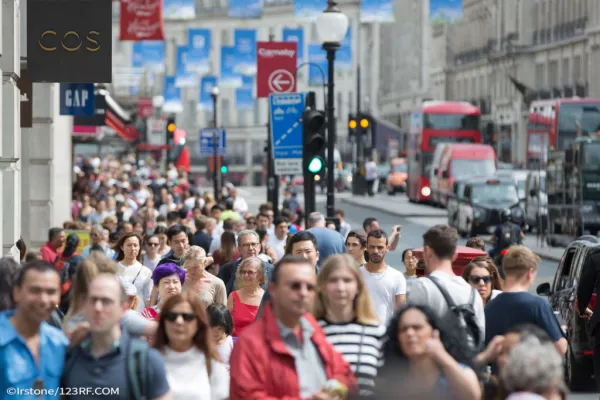We have the right to pick and choose our friends, romantic partners and guests. And there are laws to ensure that hotels or restaurants can't discriminate on the basis of race or sex or national origin. What's less clear is which of these standards should apply to sharing-economy services such as Airbnb, which fall somewhere in between the public and private spheres: The host is renting space, but that space is otherwise private and the host often lives there.
In general, the Civil Rights Act prohibits race and sex discrimination in “public accommodations” such as hotels and lunch counters. And the Fair Housing Act prohibits discrimination in long-term rentals and sales. But courts haven’t yet held that these federal laws cover an overnight stay in a private home.
Airbnb’s newly announced policy goes beyond what the law may or may not require. It says that hosts can’t discriminate on the basis of “race, colour, ethnicity, national origin, religion, sexual orientation, gender identity, or marital status.” It allows hosts to restrict their rentals to people of the same gender as the host -- if and only if the host shares living spaces with the guest.
As a business decision, the move was surely wise. Airbnb was responding to reports that some of its hosts discriminate on the basis of race -- and to some study-based evidence supporting that allegation. That’s bad for the company’s image, and potentially bad for business. Giving some credibility to the idea that the company actually wants to fight discrimination, Airbnb has also taken steps to make discrimination harder and complaints easier, such as blocking hosts from relisting a space when they’ve told a potential guest that it’s already booked.
Because there’s no active, organized movement on behalf of people who want to discriminate on Airbnb, the company is unlikely to encounter much coordinated criticism. And it’s hard to imagine a competitor service actively trumpeting the fact that it lets hosts discriminate.
Yet Airbnb's anti-discrimination policy arguably interferes with our instinctive sense that we should be able to choose the people with whom we share intimate space. If someone is going to sleep on your couch when you’re there -- or in your bed when you’re away -- that can feel pretty personal. Airbnb’s policy, which goes further than the law in banning discrimination, could plausibly be understood as violating our intuition that we should be allowed to discriminate in intimate decisions.
To see why the policy doesn’t go too far, we need to remember that even though an Airbnb rental involves intimate space, it’s still a commercial transaction.
Of course, you have and should have a fundamental constitutional right to choose your intimate associates, which includes your guests. But if you decide to take money from your guests, they’re no longer your intimates. Now they’re your paying customers -- and you shouldn’t be able to screen them based on characteristics that the society rejects as invidious.
The bright line rule should be that if you’re offering a service or good in exchange for a fee, you can’t discriminate.
The same line should apply to discrimination derived from sincere religious belief. The wedding cake maker who offers his services for a fee to the public shouldn’t be able to refuse to serve the customers just because he condemns gay marriage. By creating a business to make money, he should be understood as voluntarily taking on board the society’s view of what discrimination is allowed.
Not everyone will agree with a bright line rule based on a fee for services. Some people, including artists, might mix business with conscientious forms of self-expression. And there will be difficult cases at the borderline, such as (legal) sex-workers who perform intimate acts in exchange for money.
But a clear rule will help us determine in advance what discrimination we should protect and what discrimination we should outlaw. And that clear rule should be based on a clear moral principle.
The moral intuition here is that we have a strong interest in protecting the human rights to form intimate bonds. Those bonds can’t be formed without a near-absolute freedom to choose the people with whom we want to bond intimately.
The value of choosing the people with whom you’re going to have a commercial exchange isn’t morally comparable.
The couch can be an intimate space. But when it’s being rented to strangers, it loses that quality of intimacy that we ought to protect. Airbnb has gotten it right -- because in the end, even if it uses the terminology of hosts and guests, it’s a commercial enterprise.
This column does not necessarily reflect the opinion of the editorial board or Bloomberg LP and its owners.
News by Bloomberg, edited by Hospitality Ireland









